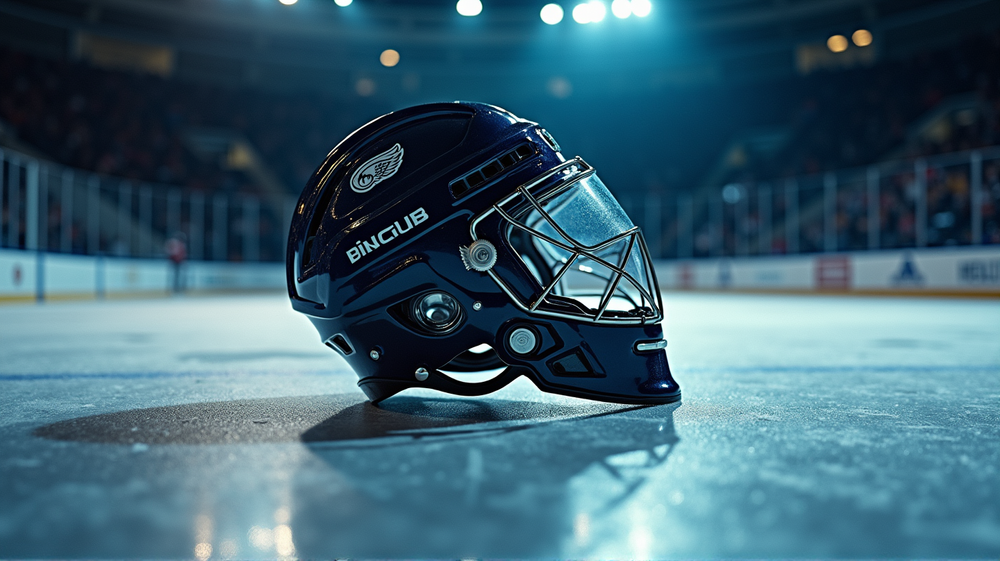CTE Discovery: Hockey Legend Bobby Hull's Untold Final Chapter
The world of sports has always glorified the prowess and dedication of its athletes, spotlighting their moments of triumph while often leaving their unseen battles in the shadows. The recent revelation about Hockey Hall of Famer Bobby Hull sheds light on an important and sobering issue within professional sports. Hull, known for his golden scoring touch and his vibrant personality on the ice, was found to have Chronic Traumatic Encephalopathy (CTE) after his death, a discovery that adds a poignant chapter to his legendary life.
The Shocking Revelation
As stated in NPR, researchers confirmed that Bobby Hull had CTE, a neurodegenerative disease linked to repeated head traumas. This finding not only sheds light on Hull’s post-retirement struggles but also underscores a growing concern among athletes who’ve faced repetitive impacts in contact sports.
Understanding CTE
Chronic Traumatic Encephalopathy is a condition characterized by memory loss, confusion, impaired judgment, and eventual loss of mental faculties. Often associated with former football players, its presence in hockey figures marks a significant point of discussion. The disease has only become identifiable posthumously through brain examinations, leading to many past legends’ brain donations for research.
Bobby Hull’s Legacy on Ice
Bobby Hull’s career was nothing short of illustrious. With 610 goals, 560 assists in the NHL, and a left-wing shot that was feared across leagues, Hull captured the hearts of fans worldwide. Yet, like many athletes, life after the adrenaline rush of the rink presented challenges that this recent revelation helps to contextualize.
Battling the Invisible Demons
Hull’s post-career life revealed bouts of mood changes and potential erratic behaviors, now possibly attributable to CTE. These struggles resonate with many retired athletes, furthering the narrative that the hardest fights often occur off the field and away from public view.
The Bigger Picture
This discovery highlights the urgent need for sports organizations to prioritize player education and protection. The National Hockey League (NHL) has initiated changes over the seasons with stricter concussion protocols and helmets, but continued research and support systems are key to safeguard future athletes.
According to NPR, further studies are being encouraged within the league to expand on player mental health, prevention of injuries, and post-career support. The findings from Hull’s life and untimely death are a critical reminder of the need for these ongoing efforts.
A Call for Support and Awareness
The case of Bobby Hull serves as both a cautionary tale and a call to action for those involved in professional sports. Fans, players, and organizations alike are urged to recognize and address the importance of mental health in athletics, with the hope that future legends will face fewer hidden adversaries.
In the memory of Bobby Hull and others like him, the spotlight must shine not only on ice achievements but also on the necessary awareness that accompanies the tremendous highs of a sports career. It’s a bittersweet reminder of the unseen battles these celebrated figures endure, even in their most glorious pursuit of greatness.




